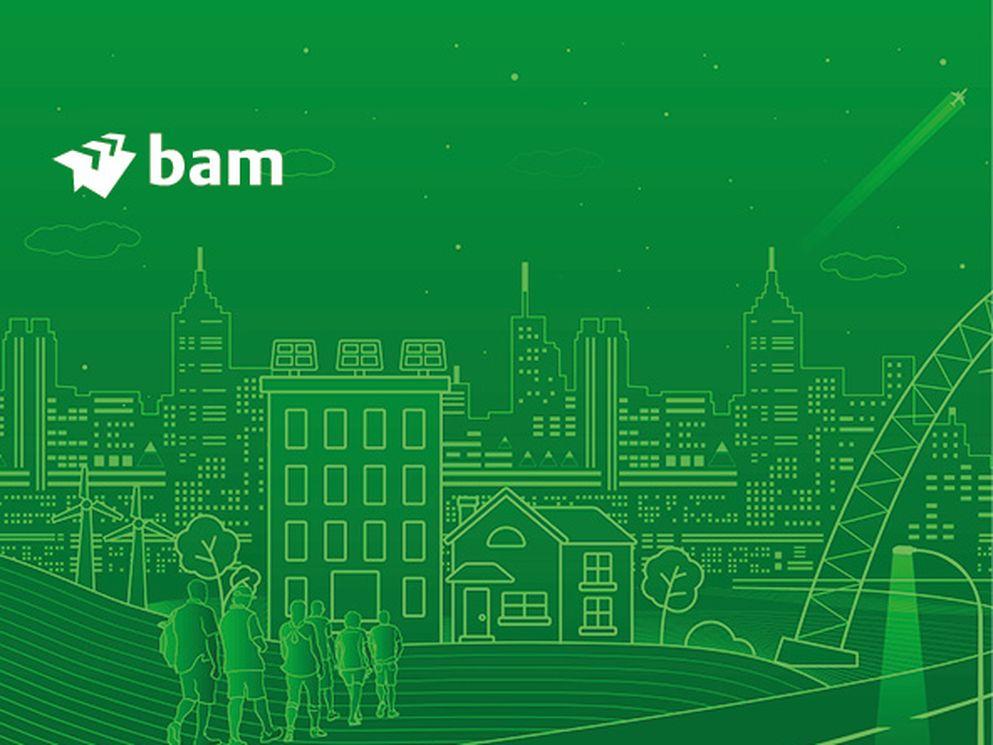What is the Alpine Sana about? What did you personally contribute to this project?
Alpine Sana is a Switzerland-based start-up leveraging AI to assess the nutritional value of food. This initiative is particularly beneficial for old age homes, addressing malnutrition issues by implementing checks and balances. I was brought on as a consultant to develop their data labeling platform, which trains their AI model.
What technologies or tools did you get to use during those projects? Anything you enjoyed working with?
I worked with React, Label Studio and SageMaker AWS. I enjoyed working with Label Studio because It was my first time successfully deploying AI tools in a production environment.
Were there any interesting challenges you faced while working on those projects? How did you go about tackling them?
One of the first challenges was doing a lot of research quickly. To speed things up, I brought in another developer I knew. Working together, we were able to brainstorm, try out ideas, and come up with solutions much faster.
How was the experience of collaborating with your team members? Any memorable moments or lessons learned?
This role required a strong consultant mindset. As I had worked as a consultant before, I had the tools and experiences to handle difficult and unfamiliar situations. A memorable moment was when we were analyzing the system and deciding on how to classify food items. I was testing a specific system, but my teammate's research showed that the default classification worked fine without any changes.
What were the outcomes or results of those projects? Anything you're particularly proud of or found surprising?
We delivered the project ahead of schedule due to rigorous planning and thorough discussions. I'm especially proud of how smoothly and efficiently our team worked together, even though we had only formed the team two weeks earlier.
When it comes to writing code, do you have any personal approaches or strategies you find effective?
When I write code, I like to use examples that already exist and choose popular technologies with good support. If I have to use less common tools, I make sure to look out for common problems and think ahead about how to solve them.
Can you think of a specific problem or task that was particularly challenging, and how you approached solving it?
Integrating SageMaker with our UI was tough because we didn't have much experience with it. The data format we needed didn't match SageMaker’s API response. To solve this, we looked into several solutions, talked to an AWS expert, and tested thoroughly until we found the best approach.
Were you involved in any aspects of project planning or management? How did you handle deadlines and prioritize tasks?
As the main consultant, I played a significant role in project planning and management. By provisioning extra days for potential delays, we successfully met our deadlines.
Looking back, what have you learned or gained from those experiences? Any skills or insights that have stuck with you?
I learned that being a good consultant means being firm but also understanding. It's important to build confidence and make things easier for the client. Plus, having emotional intelligence to connect with different team members really helps boost productivity and morale.
Is there anything you'd do differently now, based on what you've learned from those projects? Any feedback or advice you've taken to heart?
In retrospect, I realize that what a consultant says can greatly affect clients and team members. It's essential to communicate clearly and create a positive environment to ensure stakeholders are productive and happy.


